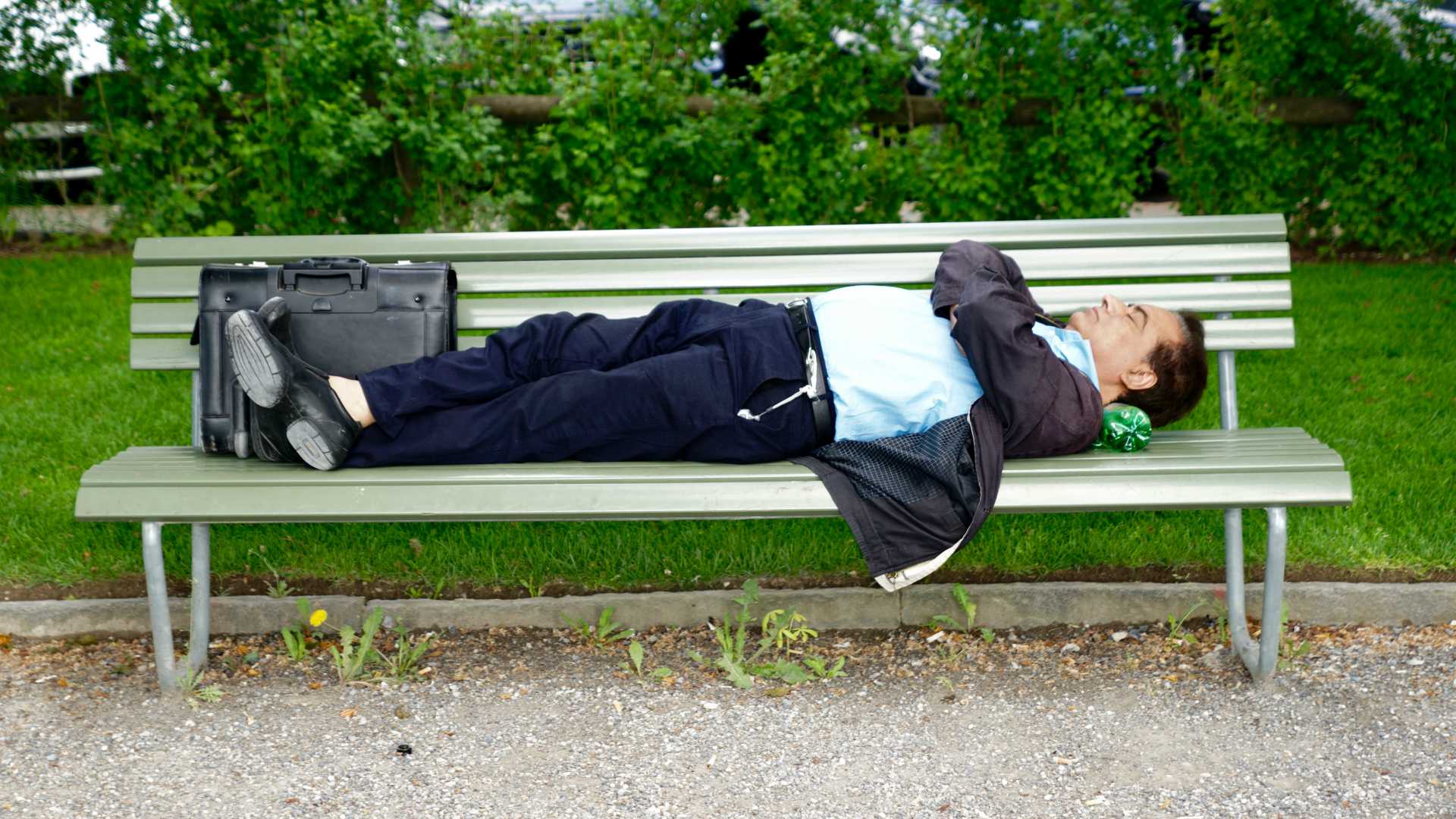A recent survey by the National Safety Council and the Sleep Matters Initiative found that the majority of Americans feel tired at work, contributing to a loss of about $1.4 million each year for the average employer with 1,000 workers.
Among other results, the survey found that:
- Almost 50 percent of Americans do not get enough sleep.
- About three-quarters of Americans say they feel tired at work.
- An employee with untreated insomnia is “present but not productive” for more than 10 workdays each year.
- The average Fortune 500 company could save almost $40 million per year if engaging half of its workforce in a sleep health program.
Dr. Charles A. Czeisler, director of the Sleep Matters Initiative, said in the press release announcing the survey, “Promotion of healthy sleep is a win-win for both employers and employees, enhancing quality of life and longevity for workers while improving productivity and reducing healthcare costs for employers.”
The Benefits of Sleep
According to Dr. Els van der Helm, CEO and co-founder of Shleep, sleep impacts both “cold cognition,” like learning, memory, attention and creativity, and “hot cognition,” like emotional reactivity, mood, anxiety and the ability to read other people’s moods. “When you’re tired, it’s much harder to take in new information, not only because your attention span shortens but also because the part of your brain responsible for encoding new memories, the hippocampus, becomes ‘full’ after a long period of wakefulness and needs to ‘offload,’ which it does during sleep.”
As for hot cognition, the inability to identify other people’s moods is linked with decreased empathy and trust, which, van der Helm points out, “might have an even more profound effect in the workplace than the impact on cold cognition.” The Sleep Matters Initiative states that “low-quality sleep and sleep deprivation also negatively impact mood, which has consequences for learning. Alterations in mood affect our ability to acquire new information and subsequently to remember that information.”
The initiative also reports that sleep deprivation impacts our muscles, organ systems and higher-level cognitive functions – so it can negatively affect performance in any industry and any job role. Other research, summarized by Nick van Dam of McKinsey and van der Helm in the Harvard Business Review, has found links between key leadership behaviors – namely, a results orientation, problem-solving, seeking diverse perspectives and supporting others – and sleep.
The problem of fatigue can impact anyone, perhaps most obviously occupations with night or rotating shifts, such as those who work in hospitals, factories or the military, and people who travel frequently for work or experience jet lag (like pilots and flight attendants). But, van der Helm says, Shleep works with companies from a wide range of industries, including tech companies, law firms, pharmaceutical companies and consulting firms. Lack of sleep is especially dangerous, of course, for people who work with machinery or heavy equipment.
The Role of Learning and Development
It may seem strange for L&D to get involved with something like sleep that’s personal and happens outside of the workplace. However, as companies more fully realize the impact of well-being on work, they are increasingly doing just that, through employee well-being programs, mental health initiatives and even wearable devices for fitness initiatives.
The National Safety Council recommends both in-person and e-learning programs to educate employees on sleep as part of corporate wellness programs. It’s also important for leaders to discourage overworking through culture and policies. Similarly, van Dam and van der Helm recommend “blended learning programs on the importance of sleep” as well as company policies on topics like travel, email, working in teams, work time limits, mandatory work-free vacations, smart technology and even napping rooms.
Like any culture change, van der Helm says, developing a company culture that supports rest “has to start from the top, with leadership role-modeling the right behaviors.” Then, she recommends educating all employees on how to improve sleep and following up that training with coaching “to ensure the new habits will stick.”
It’s January, a time for making personal and professional New Year’s resolutions. This year, combine the two by resolving to sleep more, sleep better and encourage co-workers, leaders and learners to do the same. Your employees – and your bottom line – will thank you for it.




